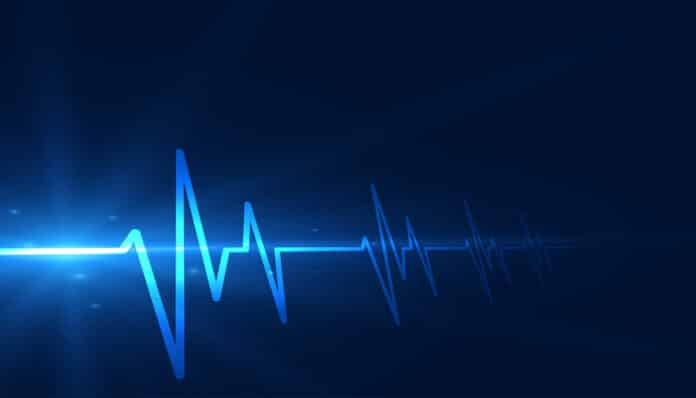The most prevalent cardiac arrhythmia, atrial fibrillation (AF), has a high prevalence, mortality rate, and financial burden. According to some research, there are sex-specific differences in the pathophysiology of AF in men and women, and AF is linked to worse results in women.
In addition to the conventional AF risk factors, psychological and emotional distress brought on by stress, anxiety, sleeplessness, and depressive symptoms may affect AF by triggering neurohormonal pathways and inflammatory responses. However, despite inconsistent results in the literature, it is unclear how these prevalent psychological factors may affect AF in postmenopausal women.
A new study published today in the Journal of the American Heart Association examined the link between psychosocial factors and atrial fibrillation (AF) is poorly understood. Stressful life events and insomnia are two important risk factors for atrial fibrillation, an abnormal heart rhythm that affects around 1 in 4 women after menopause.
Researchers examined data from more than 83,000 surveys completed by women between 50 and 79 as part of the Women’s Health Initiative, a major U.S. study. Participants were asked several questions in the following major areas: stressful life experiences, optimism, social support, and sleeplessness.
Topics like the death of a loved one, illness, divorce, financial stress, and domestic, verbal, physical, or sexual abuse were covered in questions about difficult life events. When asked about their sleeping patterns, participants were asked whether they had trouble falling asleep, if they woke up frequently during the night, and how well they slept overall.
After following for almost a decade, scientists found 23,954 cases of incident AF. The Stress Cluster, which included stressful life events, depressive symptoms, and insomnia, and the Strain Cluster, which included optimism, social support, social strain, cynicism, and emotional expressiveness, were both produced by hierarchical cluster analysis.
There is a 4% increased risk of atrial fibrillation for each additional point on the scale of sleeplessness. Similarly, there is a 2% increased risk of atrial fibrillation for each additional point on the stressful life events scale.
Lead study author Susan X. Zhao, M.D., a cardiologist at Santa Clara Valley Medical Center in San Jose, California, said, “The heart and brain connection has been long established in many conditions. Atrial fibrillation is a disease of the electrical conduction system and is prone to hormonal changes stemming from stress and poor sleep. These common pathways likely underpin the association between stress and insomnia with atrial fibrillation.”
Researchers found connections between stressful life events, restless sleep, and emotions like sadness, anxiety, or feeling powerless. Whether these factors gradually increase over time to raise the risk of atrial fibrillation in older women is unclear.
Journal Reference:
- Susan X. Zhao, Hilary A. Tindle, Joseph C. Larson et al. Association Between Insomnia, Stress Events, and Other Psychosocial Factors and Incident Atrial Fibrillation in Postmenopausal Women: Insights From the Women’s Health Initiative. Journal of the American Heart Association. DOI: 10.1161/JAHA.123.030030
